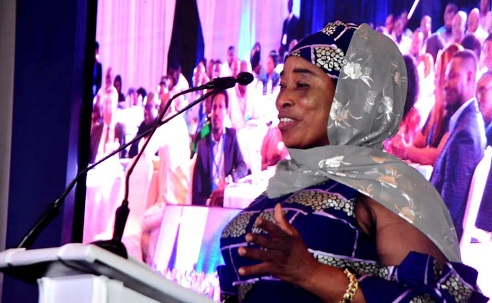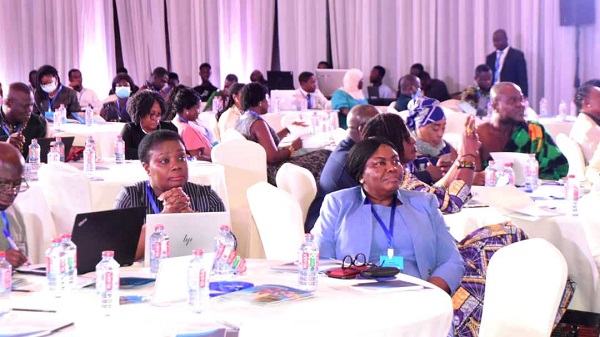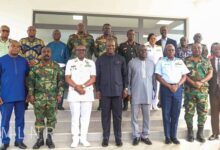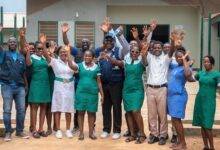
The Deputy Minister and Minister designate of the Ministry of Gender, Children and Social Protection (MoGCSP), Mrs Lariba Zuweira, has underscored the need for the government to invest and leverage on digitisation for effective social protection delivery.
According to her, having a robust and digitised system for social protection system would help in the reduction of poverty and inequality.

Mrs Zuweira said these at a learning event organised by the World Bank to close the first phase of the Ghana Productive Safety Net Project (GPSNP) in Accra yesterday.
It was on the theme “Leveraging digitisation for effective Social Protection delivery-The Ghana Case Study”.
The GPSNP is a US80.5 million project financed by the World Bank (US60 million) and Foreign Commonwealth Development Office/United Kingdom (UK) Aid (US20.5) and implemented by the MoGCSP and the Ministry of Local Government, Decentralisation and Rural Development (MLGDRD).
The objective of the four-year project is to support the government to strengthen safety net systems that improve the productivity of the extremely poor in Ghana.
The main components of the project are Productive Inclusion (PI), Labour Intensive Public Works (LIPW) programme, Livelihood Empowerment Against Poverty (LEAP) CASH transfers and the Social protection systems strengthening.
“Digitalising social protection delivery has the potential to reduce fragmented, isolated social protection interventions, thereby linking beneficiaries of social protection intervention to other services and support”, Mrs Zuweira said.
Mrs Zuweira noted that her ministry, with support from the World Bank, had already taken the lead in line with the theme of the event by implementing a digital grievance redress mechanism, the Single Window Citizens Engagement Service (SWCES).
This, she said, was to ensure transparency and accountability by creating a unified complaints and grievance mechanism for Social Protection Programmes.
Furthermore, Mrs Zuweira explained that some of the achievements of social protection systems included the coverage of 345,021 beneficiary households under the LEAP programme among others.
Despite the achievements, she said there were still groups of people who had not benefitted from the social protection programmes, but was optimistic that the situation could be changed by building on the progress made in the GPSNP.
On his part, the Minister of MLGDRD, in a speech read on his behalf by his deputy, Mr Collins Ntim, noted that a key achievement of the Project’s implementation had been the development and operationalisation of robust and separate Management Information Systems (MISs).
He further indicated that the government had secured additional funding of US100 million for the two Ministries, MLGDRD and MoGCSP, to implement a second phase of the project which will run from 2022 to 2025.
Mr Ntim said the allocation of USD 47 million out of the USD 100 million to the MLGDRD would be used to train and provide start-ups for 30,000 beneficiaries and provide short-term employment to 60,000 beneficiaries.
Others include the provision of 60 feeder roads, 80 small earth dams, 199 hectares of new plantations which would provide and introduce PI and LIPW in 20 selected urban areas.
The ministry, he said, would continue to discharge its responsibilities in accordance with the Local Governance Act, 2016 (Act 936).
The World Bank Country Director, Ghana, Liberia and Sierra Leone, Mr Pierre Laporte, explained that the digitisation of the GPSNP was key in making gains in poverty alleviation and economic growth despite the setbacks as a result of COVID-19.
Mr Laporte further said “your deliberations should also focus on the nuances between rural and urban populations to help increase our support to the urban poor”.
BY BENJAMIN ARCTONTETTEY & CHARITY ASUKA







